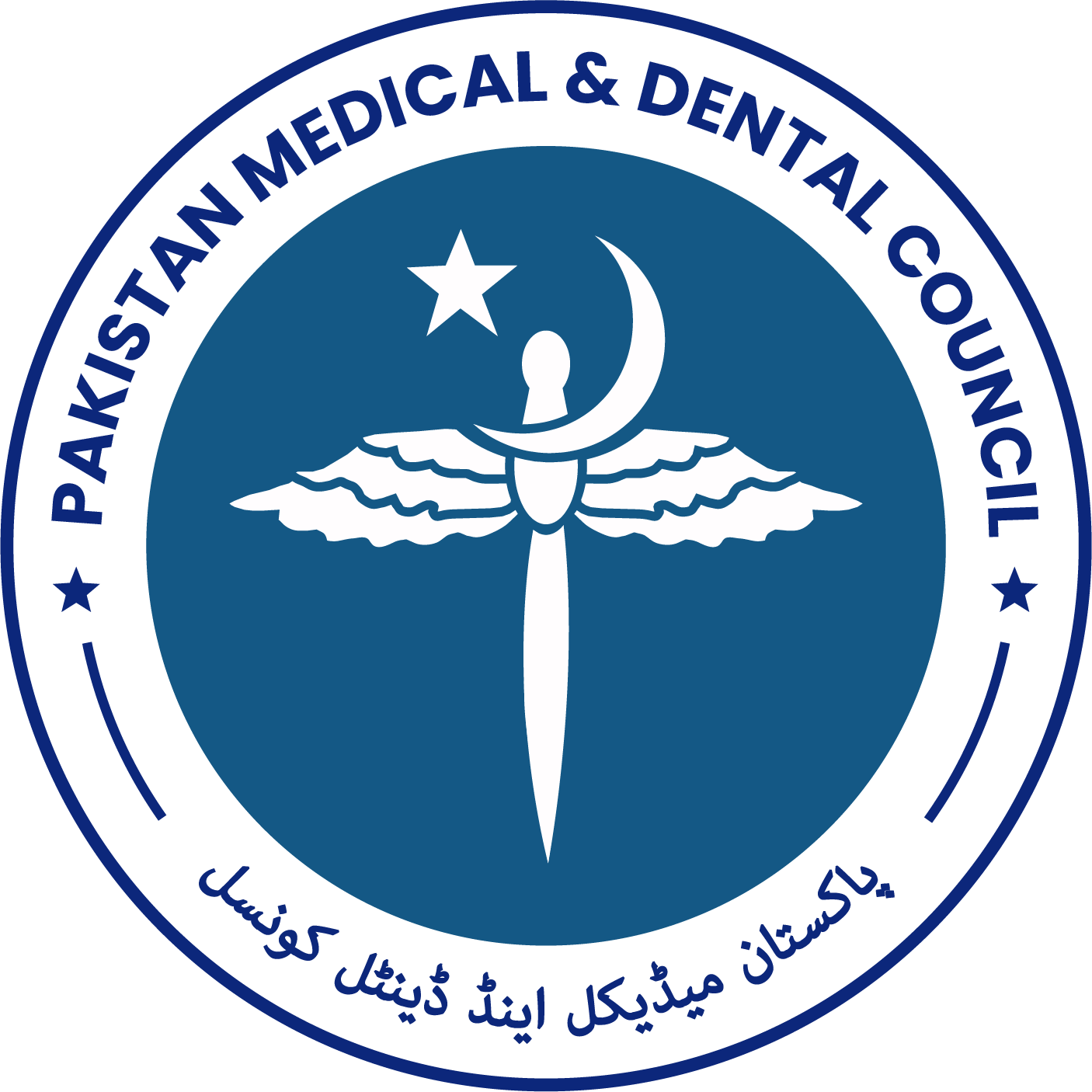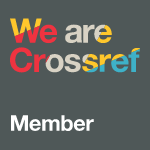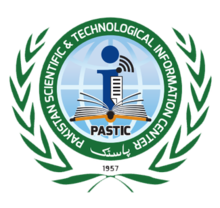Effect of Basic Life Support Training on Hospital Staff of a Tertiary Care Hospital: A Cross-Sectional Analytical Study
Abstract
Objective: To ascertain the benefit of a standardized Basic Life Support (BLS) workshop on the different health
care cadres in hospitals.
Study Design: Cross-sectional analytical study.
Place and Duration of Study: The study was carried out at the Medicine Department of Medicine of Combined
Military Hospital, Peshawar, Pakistan, from November 2021 to May 2022.
Materials and Methods: A hundred individuals participated in the study, including house officers, residents and paramedical staff. It was done through convenient sampling. After consent, their knowledge before the start of the workshop was evaluated through pretest self-structured questionnaires formulated by the American Hearts Association accredited trainers. Afterwards, they underwent a Basic Life Support workshop conducted as per American Heart Association (AHA) standards. At the end of the workshop, they were evaluated by posttest questionnaires. The demographic data of all individuals, including age, gender, education status and
designation, was recorded. Data were analyzed through SPSS version 21. Paired T-test was applied. A p value of
0.05 or less was considered statistically significant at the start of the study.
Results: The individuals comprised 55 males and 45 females. It included residents, house officers and
paramedical staff with mean ages of 27.86±1.17 years, 24.08±0.28 years and 30.56±2.90 years, respectively.
Residents had better pretest scores than house officers and paramedical staff (P value <0.001). There was
statistically significant improvement in the scores of all individuals (P value <0.001).
Conclusion: BLS workshops have helped improve the knowledge of the hospital staff regardless whichever
medical offshoot. Residents had better pretest scores, but house officers improved posttest scores the most.
Copyright (c) 2023 Fuad Ahmad Siddiqi, Umer Naseer, Abdul Rehman Arshad, Wasif Anwar, Saad Aziz, Hafiz Yasir

This work is licensed under a Creative Commons Attribution-NonCommercial 4.0 International License.

















